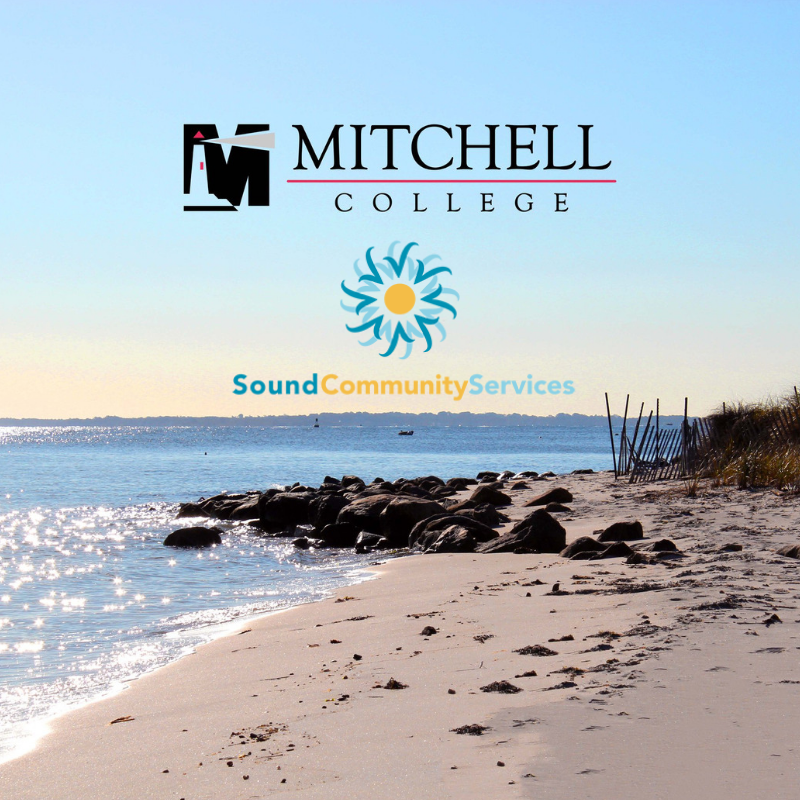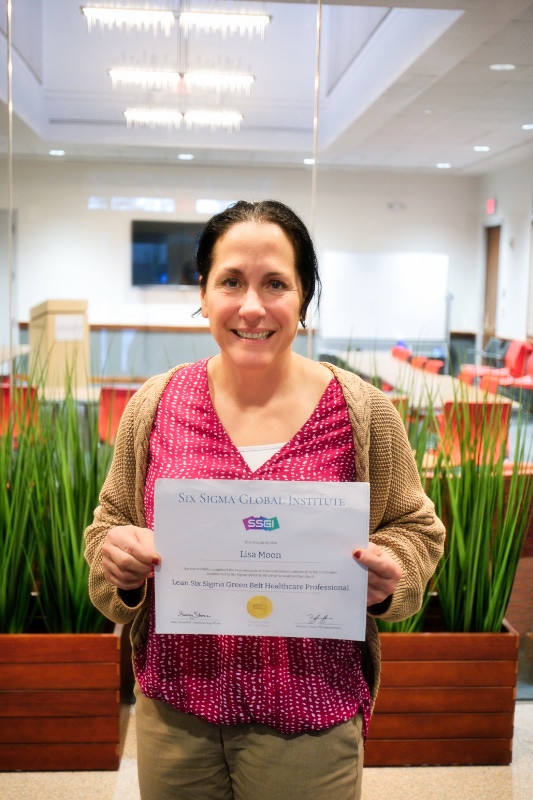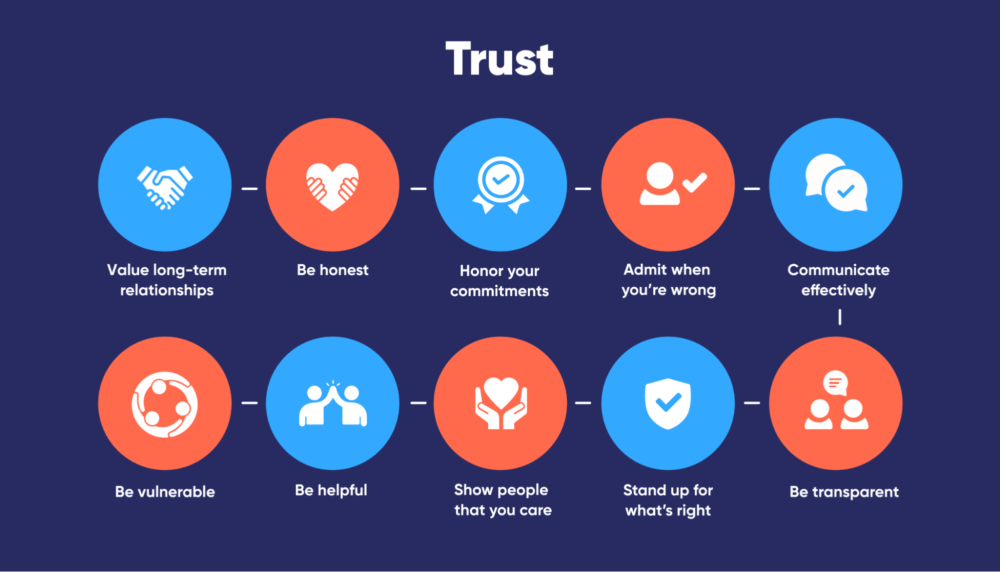In its latest collaboration, Sound Community Services has partnered with Mitchell College to provide behavioral health services on campus, allowing students convenient access to a host of well-being initiatives.
In mid-September, Sound, a city-based private, not-for-profit agency focused on educating, empowering and creating opportunities for individuals with behavioral health and substance abuse issues, opened an office staffed with a full-time clinician on the Mitchell campus. The licensed clinical social worker, Amy Roe, is available to Mitchell students and their advisors Monday to Friday while other Sound experts are on-call after hours and weekends.
“We can build a stronger college and by extension, a stronger New London if instead of trying to invent everything on this campus, we partner with the people who have the expertise,” said Mitchell President, Janet Steinmayer.
Gino DeMaio, the Chief Executive Officer of Sound, said it is the first time his agency has partnered with an educational institution. Sound, he said, adheres to an integrated, holistic philosophy in providing services and Mitchell does the same with its curriculum.
“We are really excited,” DeMaio said. “We both have a shared vision of what we want to do here.” This collaboration gives the agency the ability to exercise its expertise in a different area of service delivery. Diversifying is critical for non-profits and its employees.
Now, Sound is on the Mitchell campus to meet with students or their advisors to discuss strategies to improve their educational opportunities. Students may ask for support with medication management, referral to a therapist, or for suggestions on better nutrition or how to overcome shyness.
“Navigating the challenges that college students face requires an array of supports to assist the student with not only growing academically but understanding who they are as they transition into young adulthood,” said Sound’s Vice President of Programs and Integration, Jason Hyatt.
Amy Roe explains that the partnership is impactful because both entities “support the whole student and work to develop that person into the best possible version of themselves.”
The goal is to not only provide effective outpatient mental health and substance-related services but to also integrate creative social and emotional programming that is proactive and not reactive.
“The beauty of this partnership, besides the breadth and expertise that they have, is that they are of course connected to other people,” said Steinmayer. “So, they have their own networks of people they can draw on so we feel like we’ve expanded exponentially on what students can draw on and have access to on a small college campus.”




